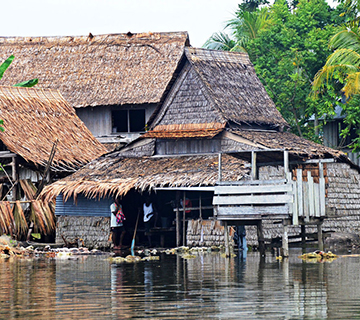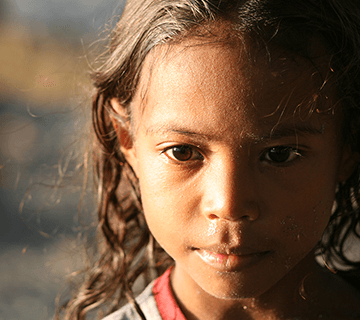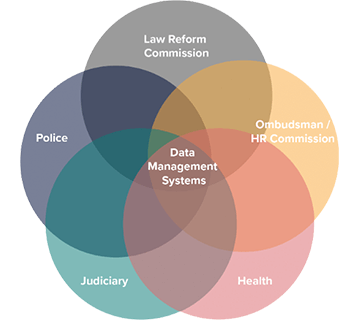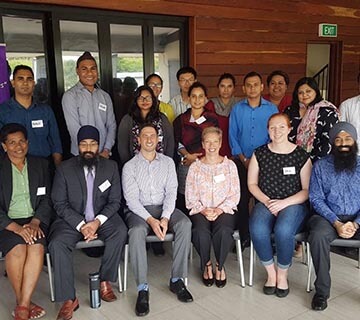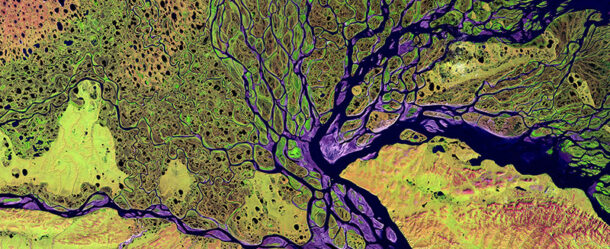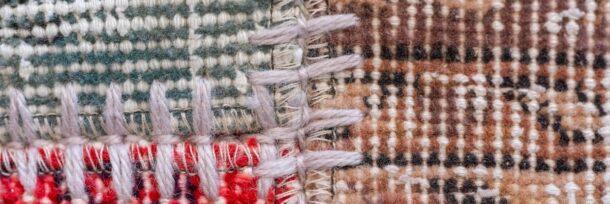SMS for Justice
Community Monitoring and Mapping to Improve Health
Program Area:
Data & Research
Location:
India (New Delhi and Sonitpur, Assam)
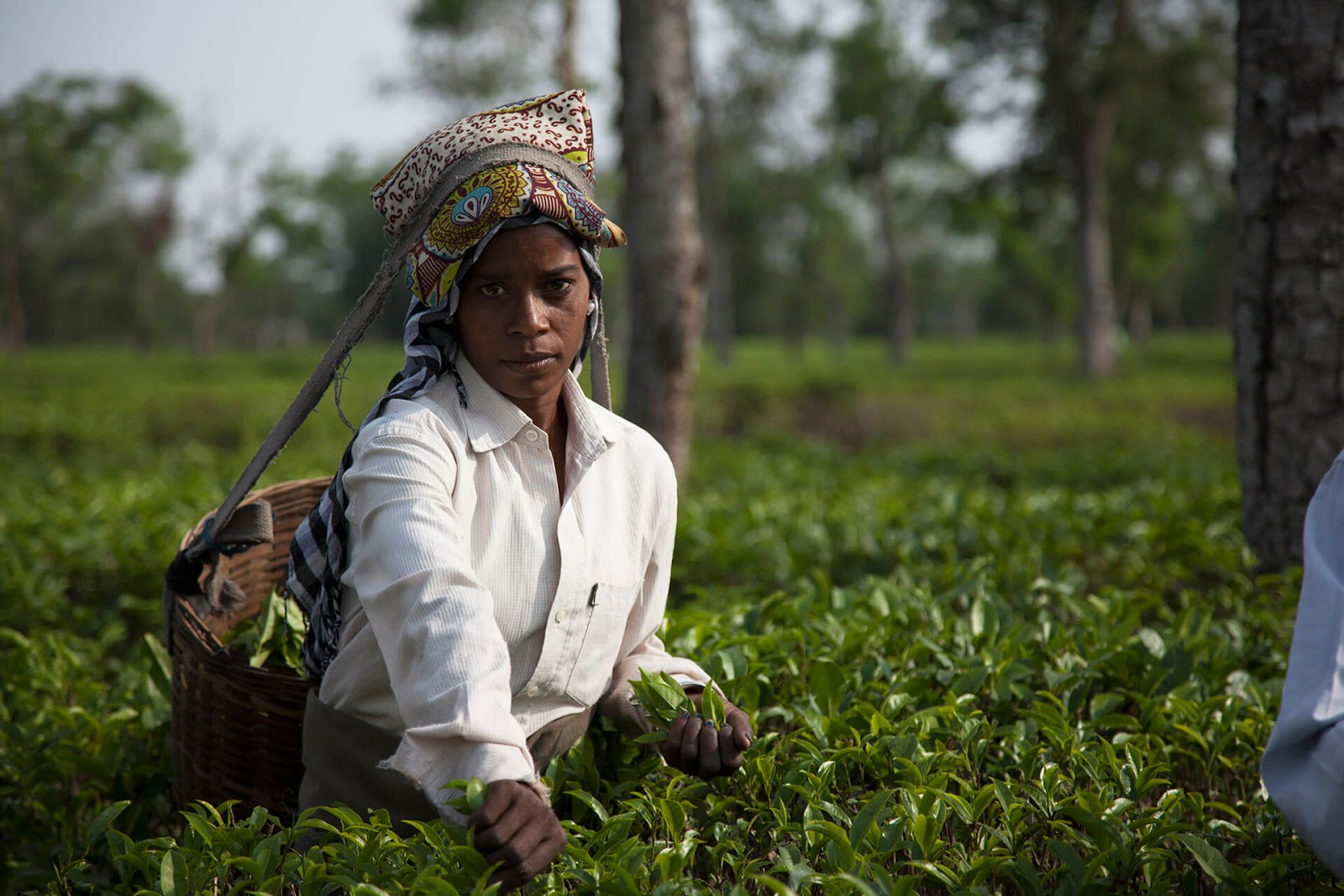
We are providing local activists and lawyers with ground-level data necessary to improve access to basic needs and improve health outcomes for marginalized women.
The Challenge
Marginalized communities in India are often unable to access justice when faced with problems that contribute to poor health outcomes and increased mortality.
Research Insights
- In Assam, tea garden workers earn the lowest wage in the organized sector in India and suffer from shockingly high malnutrition and anemia, leading to incredibly high rates of maternal mortality. Workers have insufficient access to legally guaranteed health facilities and essential services.
- In Delhi, rampant violations of health rights, and poor access to food, water, sanitation, education, and housing impact marginalized communities living in slums.
Intervention
We are combining community mobilization and technology with legal intervention to increase access and accountability in the delivery of basic services, thereby reducing the number of preventable maternal and infant deaths and increasing access to health. Part of the effort has included collecting data on: illegal payment requests from hospitals for what are supposed to be free services for pregnant women; maternal deaths that have occurred because the women have been unable to pay these requests; deaths occurring from a lack of blood at hospitals; and ration shops that are closed or have spoiled food.

Testimonials
“In India, Nazdeek and ICAAD are using innovative SMS technologies to address gaps in the delivery of basic services related to women’s health, housing, food, nutrition, water and sanitation in New Delhi’s slums.” – Namati
Our Impact
- In Delhi, as a result of the project, marginalized women have become community paralegals, and through data collection and advocacy have been able to demand change from the government for their communities. This has led to improved access to water, sanitation, food, and healthcare. For example, previously, residents of one slum would only receive potable water once a week. These residents reported that the insufficient availability of water is a frequent trigger of communal tension between different caste and religious groups contenting for the limited resource. By empowering community members to use the helpline for the Delhi Jal Board (water supplier), these communal tensions have been eased.
- In Assam, armed with the data collected, the paralegals advocated and achieved: food ration delivery improvement at 527 centers who serve thousands of people; an increase in HIV testing kits for pregnant women provided at no cost; an elimination of pregnancy registration costs allowing access to government benefits.

